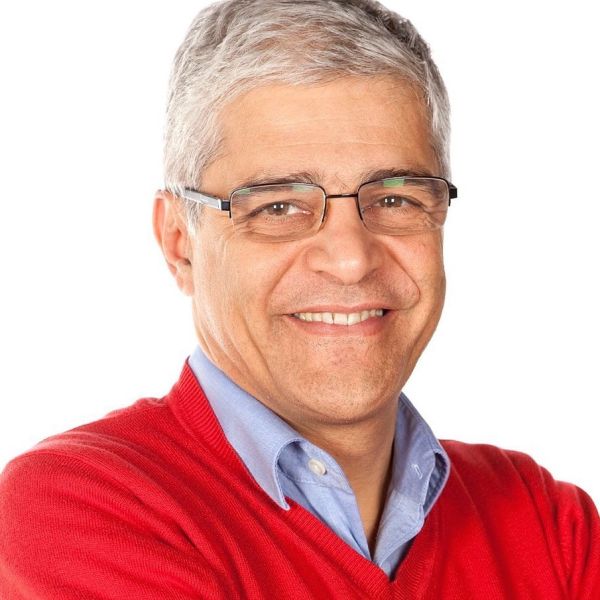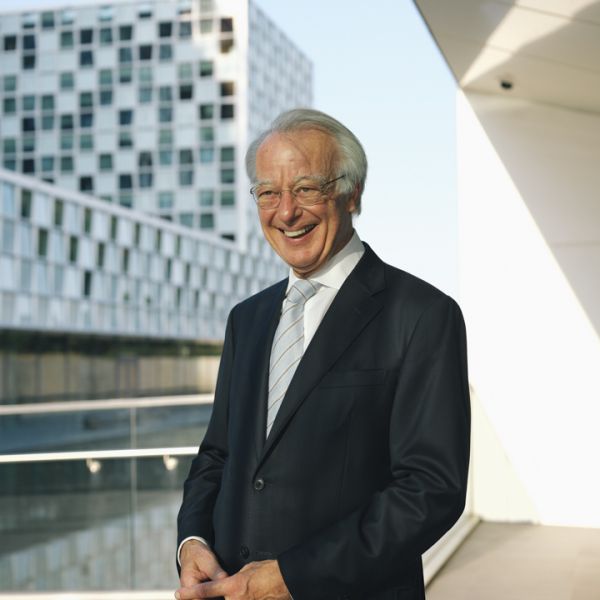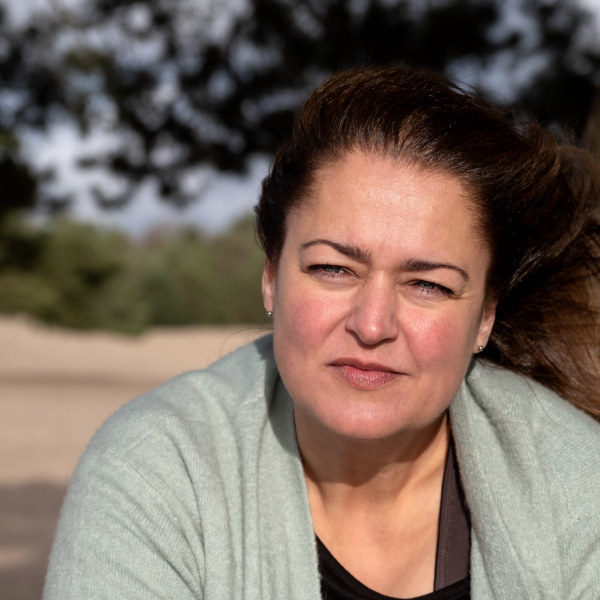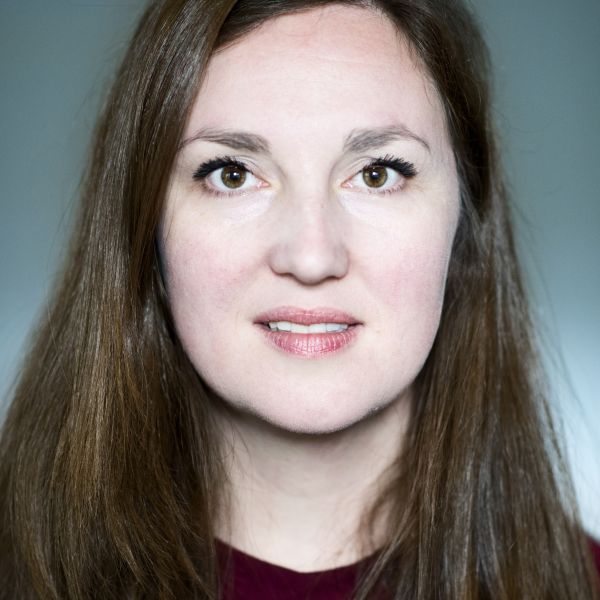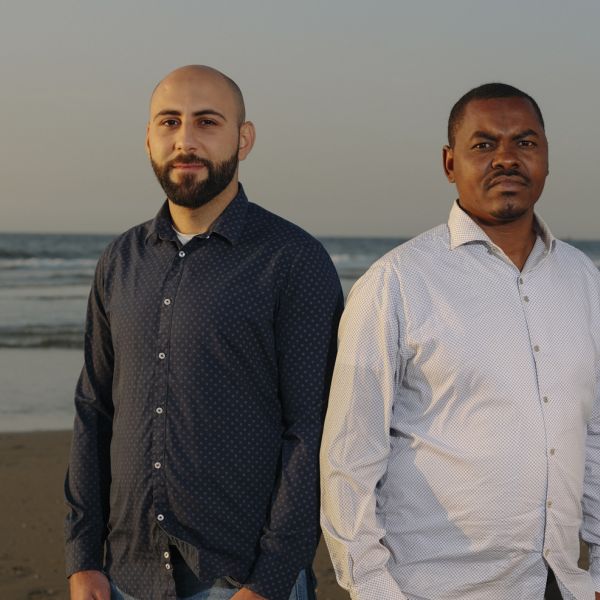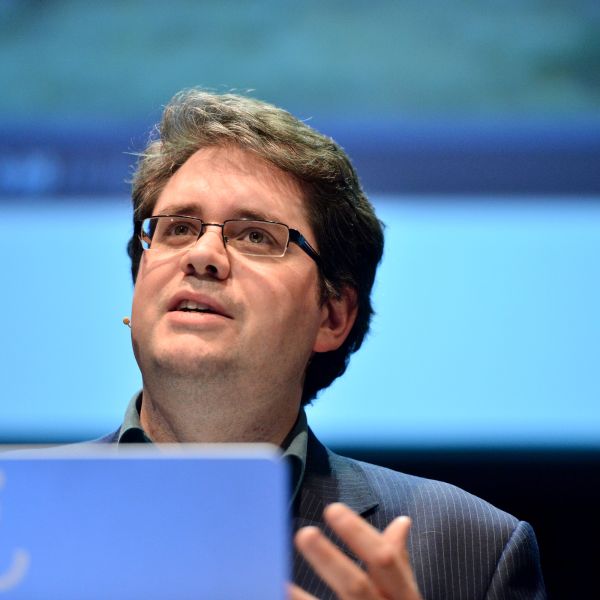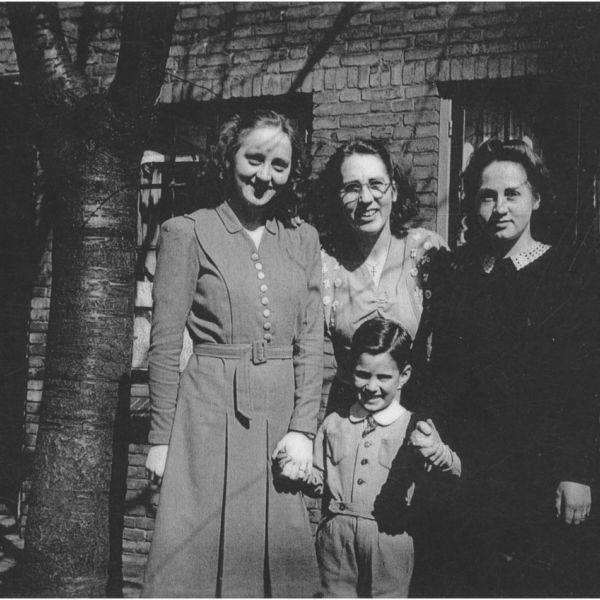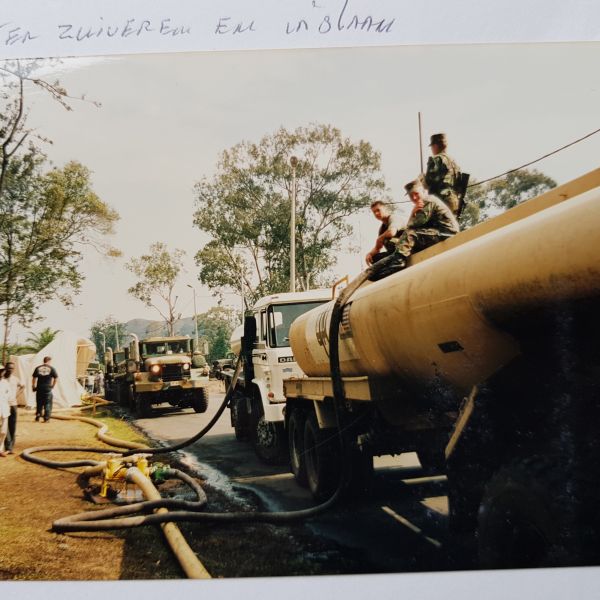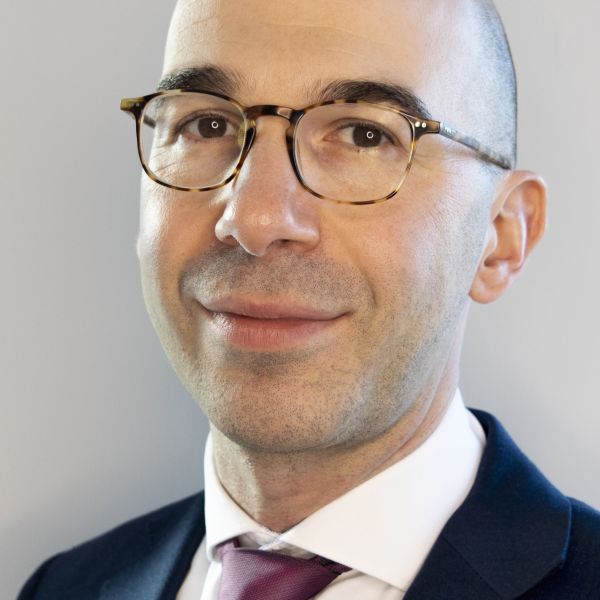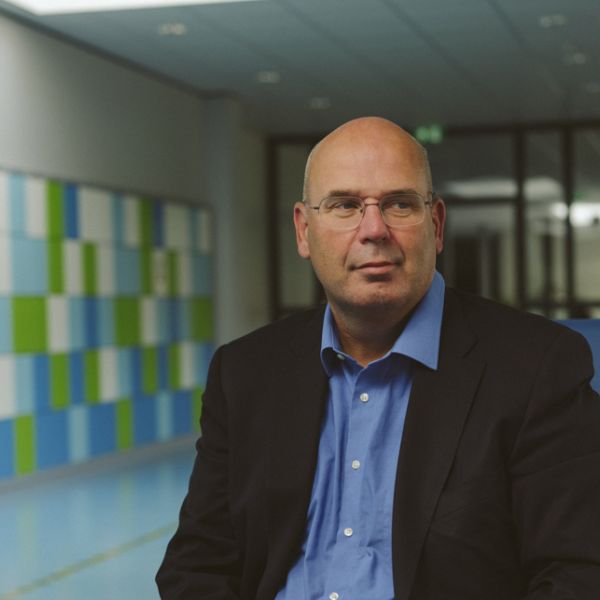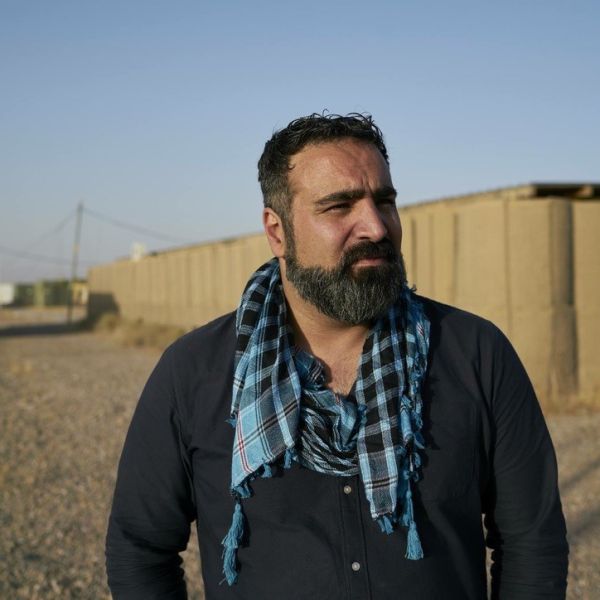75 years of UN in 75 stories: Wiesje Elfferich
Wiesje Elfferich (1971) is a civil advisor. As a diplomat for the Ministry of Foreign Affairs, she was posted with the Ministry of Defence. She spent four years in Mali and has been working in Burkina Faso since 2018 – both countries that face challenges posed by terrorist groups like IS and Al-Qaeda.
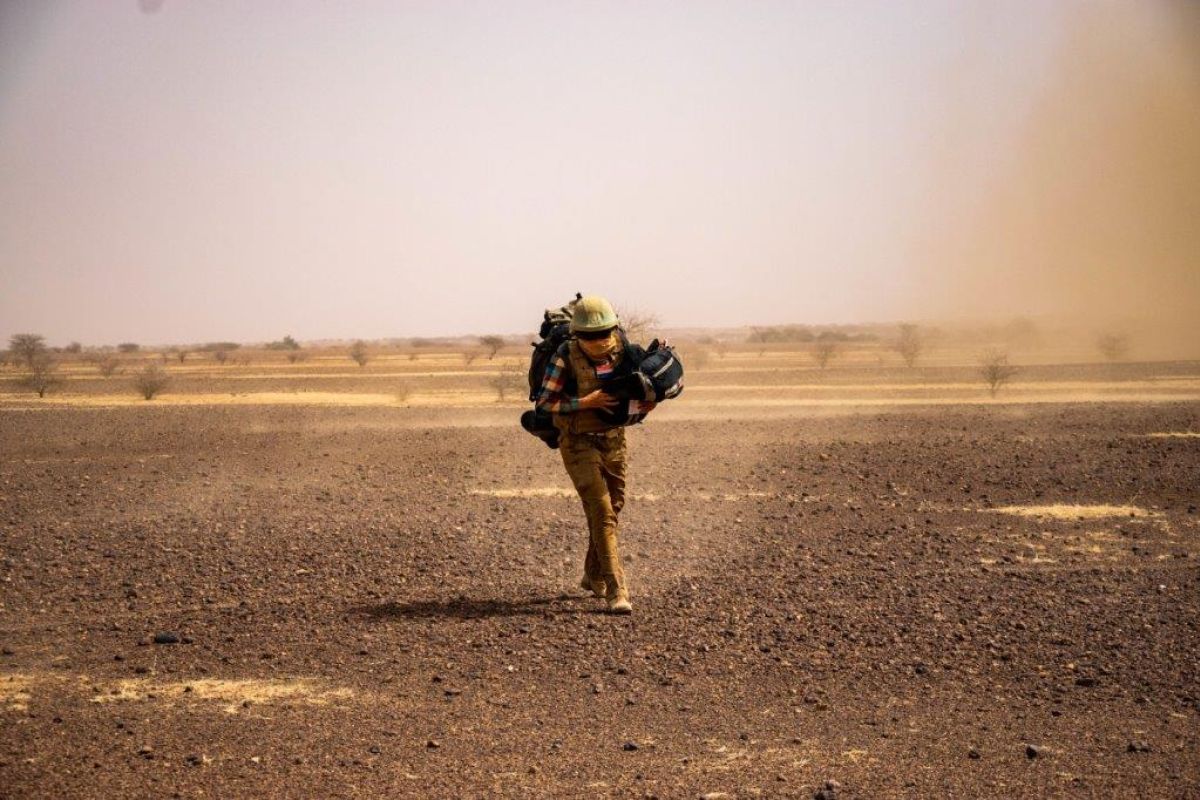
Around 2012, jihadists began to step up their activities in the Sahel region in West Africa. The political instability, poverty and impunity in countries like Mali and Burkina Faso gave them the perfect environment to operate in. Experts feared that followers of IS and Al-Qaeda were seeking to establish a new caliphate in the region.
The UN Security Council soon authorised an intervention in Mali. But the situation did not improve, so in 2013 this mission was augmented with French military personnel. A number of countries, including the Netherlands, were asked to supply troops for the subsequent peacekeeping force, MINUSMA. Operating under a “robust mandate”, MINUSMA was led by a Dutch commander, Bert Koenders. A total of some 6000 Dutch troops participated in the mission; their main activity was gathering information.
The Dutch participation remained contentious throughout the mission. In addition, the effectiveness of the information-gathering (through the same methods used in the mission in Afghanistan) ultimately proved inadequate. The last Dutch troops were withdrawn from Mali in May 2019.
“Our presence reduces the risk of violence”
“There was an attack at the airport in Gao, in Mali, by two cars that were disguised with a pretty shoddy attempt at the UN logo on them. One of them exploded, and the second one got away. When that second car was spotted later, we went straight after it. We found the car, UN sticker and all, but the perpetrators were gone. The local population appreciated very much that we had taken immediate action.
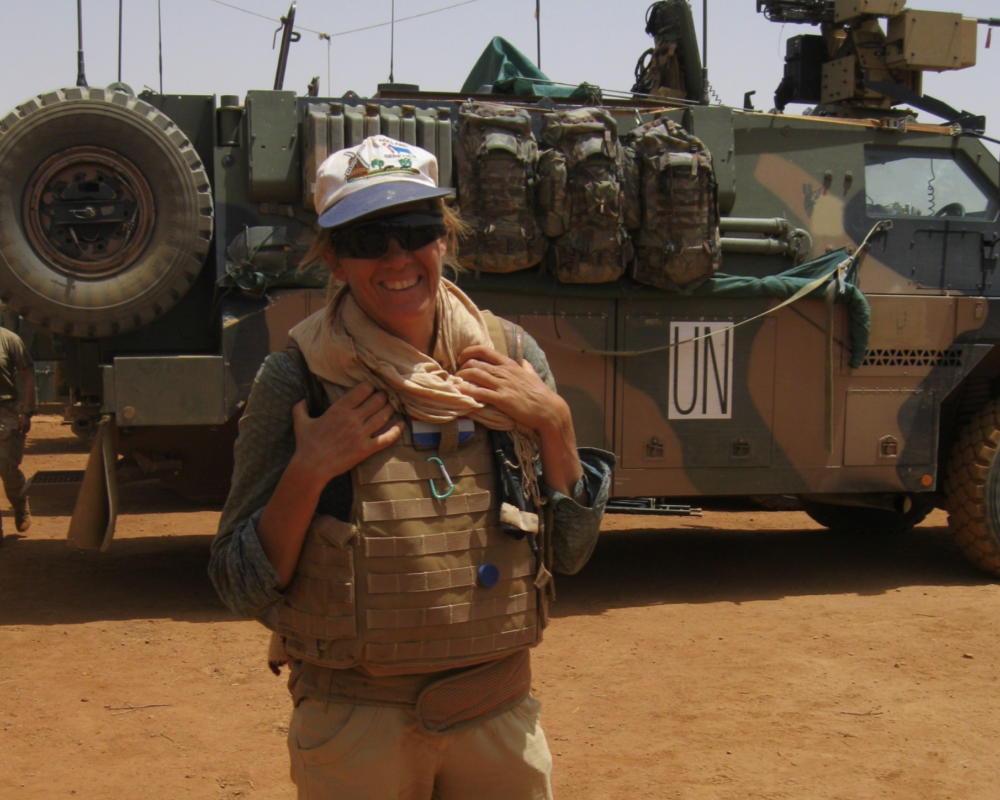
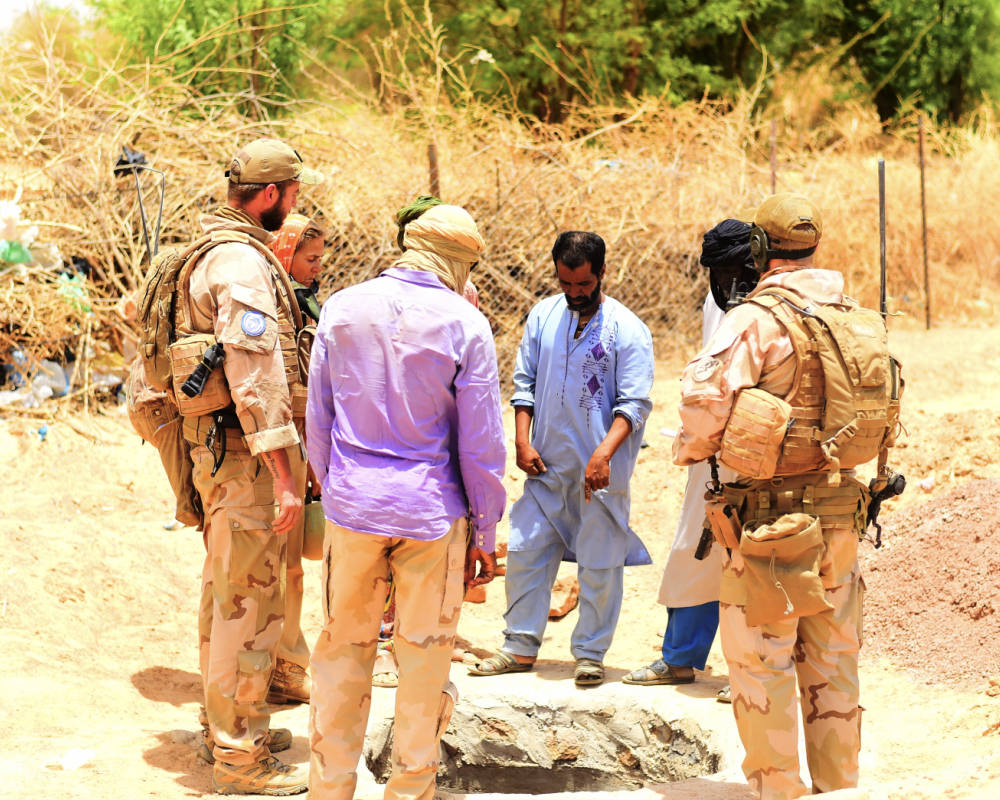
Seeking out contact with the local population and leaders is typical of the Dutch approach. That’s why we go out into the villages on foot, and wear berets instead of helmets; that’s less intimidating. We drink tea with them and sit and chat with them. That’s how we win their trust and get the information on which we can base our recommendations to the force commander.
It’s true, though, that sometimes you need some sort of power display. Once when in Mali, I was driving a small, Danish delegation of elite troops back and forth between two militias that were dead-set on wiping each other out. Officially the peace was holding, but there skirmishes here and there. We deliberately chose to make it clear that we weren’t going to tolerate any fighting and that we weren’t afraid. That was not without risk. We had considerably better weapons, but they had a bigger stake in the situation. Still, I wasn’t afraid thanks to the confidence that the soldiers projected. We also knew that we were covered by helicopters. After ten days of a cat-and-mouse game in the desert, at 40°C, the militias withdrew. That’s the kind of incident that gives the local population trust in you: they see that our presence can reduce the risk of violence.
“I’m deeply impressed by the resilience of the local population”
In Burkina Faso, we are working on creating jobs to keep young people from falling into radicalism because they don’t see any future. I’m deeply impressed by the resilience of the local population, both in Mali and in Burkina Faso. Sometimes, out in the most remote areas, you suddenly come across flourishing vegetable gardens. That’s when I realise how rewarding it is to do this work, and that you are still making a difference – even if it’s a small one, you’re making a difference.”
Er is slechts één plek op aarde waar bijna alle landen van de wereld met elkaar aan tafel zitten: de Verenigde Naties. De VN richt zich op kwesties die de grenzen van landen overstijgen of zelfs de hele wereld aangaan, zoals vrede en veiligheid, klimaatverandering, onderwijs, gezondheid, cultureel erfgoed, economische ontwikkeling, en meer. Voor velen lijkt het werk van de VN erg abstract, maar door in gesprek te gaan met reddingswerkers, vredeshandhavers, hulpverleners, diplomaten, ooggetuigen, soldaten, en anderen die betrokken zijn bij de VN, wordt duidelijk hoe belangrijk het werk van deze organisatie is. Dit is precies wat het Humanity House heeft gedaan. Helaas heeft deze organisatie zijn deuren moeten sluiten, maar Just Peace en Museon-Omniversum hebben de handen ineengeslagen om hun verhalen te bewaren. Je kunt deze verhalen nu vinden op de website van Just Peace, en een deel ervan is ook opgenomen in een tentoonstelling over de VN in Museon-Omniversum.
The 75 Years of UN Stories were collected and curated by Frederiek Biemans for Humanity House.
